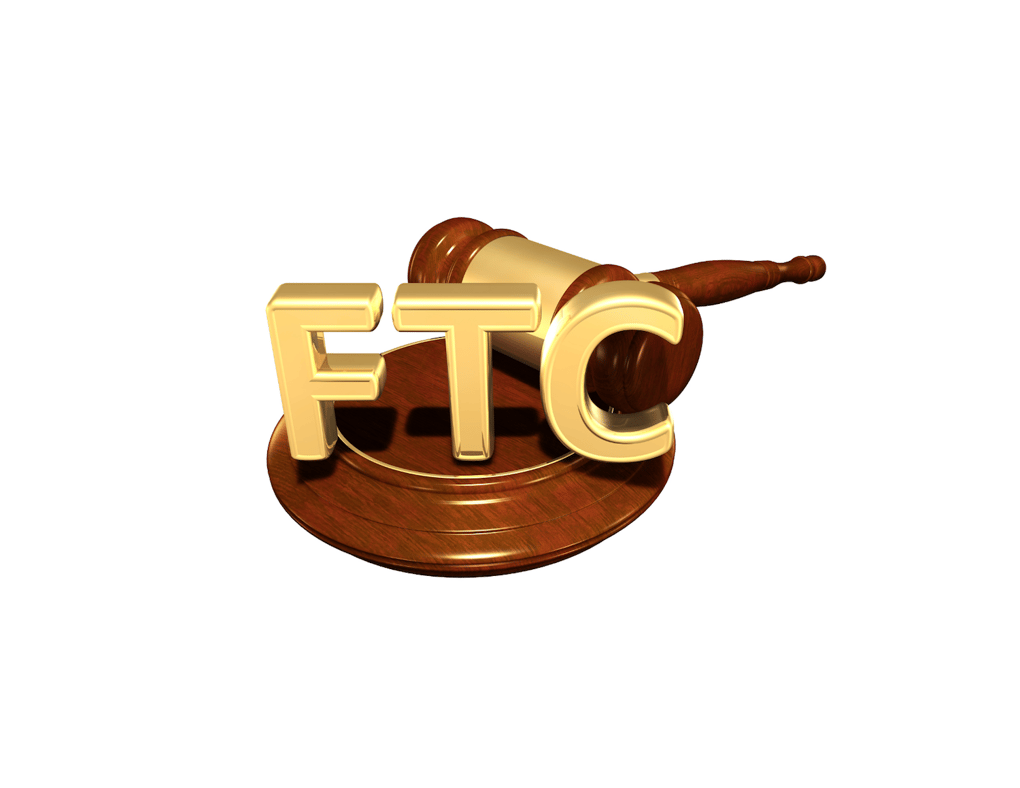If you are a regular listener to the show, for years I have told you that if a warranty company contacts you by mail, email, or phone, IGNORE IT. Here's why:
Customers who were deceived by illegal robocalls and fooled into paying thousands of dollars for fraudulent extended warranties will receive more than $4.2 million, the Federal Trade Commission said last week.
The defendants, Fereidoun "Fred" Khalilian and his company, Dolce Group Worldwide, did business as My Car Solutions. Company representatives persuaded customers to pay thousands of dollars for extended warranties by falsely telling them the company was connected with dealers and automakers. No customer received an extended warranty, the FTC said. The regulator filed a complaint against Khalilian and his company in June 2010, and a consent order was filed five months later.
The refund administrator began mailing refund checks to 5,970 customers on July 19 after "extensive efforts to collect the entire $4,255,209 monetary judgment entered against the defendants," the FTC said. Customers must cash their refund checks in 60 days or they will become void.
The Miami-based warranty company bombarded consumers with pre-recorded robocalls, warning them their car warranties were about to expire and that they needed to "press one" to talk with a representative, according to a 2011 FTC statement announcing the complaint. Consumers were then transferred to telemarketers who said they were from the "service contract department" and that they would "verify" information about the consumers" cars as well as "confirm" Zip code and other information. "The telemarketers then transferred consumers to a "senior specialist" who allegedly made more misrepresentations," the FTC said.
"Consumers who tried to get their money back" typically between $1,300 and $2,485 per warranty "found it nearly impossible," the 2011 statement said.
It added that "Khalilian is well-known to the FTC." In 2001, a settlement banned him from all travel-related telemarketing and ordered him to pay $185,000 to consumers for making deceptive pitches for travel packages.
Now, under the current settlement, the defendants are barred from telemarketing and helping others to telemarket, banned from misrepresenting or omitting information when selling goods or services, and ordered to pay $4.2 million in monetary judgment.
Graphic Credit: Scott Maxwell LuMaxArt/Shutterstock.com.

